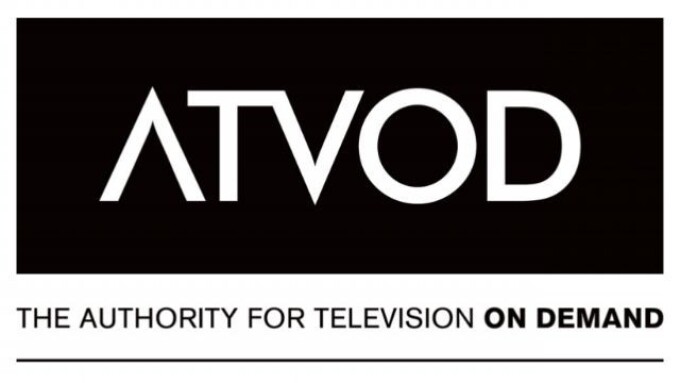LONDON — British communications czar Ofcom made it official today — it will start regulating video-on-demand under its authority starting Jan. 1.
The move spells the end of tenure for ATVOD, which was tapped in 2010 to co-regulate VOD content, and the beginning of a new chapter that shows uncertainty — particularly in light of a statute introduced last year that targets hardcore “prohibited material” and a directive from the prime minister to the domestic and overseas porn industry to install age-verification controls of its own.
Ofcom said that following a review of ATVOD’s role, it decided that “acting as sole regulator for video-on-demand programs is a more effective model for the future than having two separate bodies carrying out this work.”
“This will create operational efficiencies and allow editorial content on video-on-demand to sit alongside Ofcom's existing regulation of broadcasting,” the regulator said.
Ofcom had concluded that the increasing convergence of linear services and on-demand programming, the Single Digital Market Review in the E.U., and the need for a comprehensive solution to the future of content regulation necessitated the move.
Ofcom noted that demand for VOD had skyrocketed in the past four years with the proportion of adults aged 15 increasing from 27 percent in 2010 to 57 percent in 2014. The figures were higher among other audiences — 70 percent for 15-24s and 71 percent among 25-34s, compared for 35 percent for both demographics since 2010.
ATVOD CEO Pete Johnson, in response to Ofcom’s decision to take over the co-regulator’s duties, said today: “Our regulation benefited greatly from their input and we’ve been pleased to develop together a robust and efficient model of co-regulation taking a fledgling industry sector through its first five years.”
Ofcom said that ATVOD played an important, effective role in regulating on-demand TV over the past five years.
“Like Ofcom, it is committed to protecting audiences from harmful content,” Ofcom said. “ATVOD and Ofcom are therefore working closely together to ensure a smooth transfer of responsibilities so that audiences, especially children, remain protected at all times.”
In the past year, rules relative to sexually explicit content for VOD operators have been strengthened by Parliament.
Last year, British legislators implemented into law the Audiovisual Media Services Regulations 2014 act, which targets content streamed on TV or the web that would be denied a British Board of Film Classification (BBFC) certificate.
As a result, ATVOD introduced the statute as Rule 14 to target violating adult operators. That statute, along with Rule 11, which prohibited distributed content without sturdy age-verification checks, was in its primary arsenal to keep under-18s from accessing porn in the U.K.
Starting next year, those regulations will be merged into Ofcom’s own code book. Ofcom’s authority spans all U.K. communications industries, with responsibilities across TV, radio, telecommunications, wireless communications and postal services.
In a letter to service providers obtained by XBIZ, Tony Close, Ofcom’s director of content standards, licensing and enforcement content, said that the existing rules still apply for VOD distributors during the transition through the end of the year.
“I would like to assure you that the revocation does not result in a change in the substantive obligations on those in the regulated sector or the standards of audience protection service users can expect from regulated video on demand services in the U.K.,” Close said in the letter.
“[O]fcom is already able to act concurrently with, or in place of, any co-regulator, so this is not a change to the scope of our activities. Furthermore, [current laws] allow for Ofcom to revoke the appointment of ATVOD at any time.”
However, Close said that the move provides an opportunity to review how the agency will approach the regulation of VOD services.
“We would be particularly interested to hear your views on what changes, if any, would make regulation more effective for consumers and proportionate for stakeholders,” Close said.
“We will therefore be consulting with relevant stakeholders, including notified services, in the first quarter of 2016 before we make any changes to the current approach,” he said.
“If you wish to submit any initial informal views or suggestions to us ahead of that consultation, please send them to the email address vodreviewteam@ofcom.org.uk.”
Ofcom also said that ATVOD fees for distributors of on-demand content will continue through March.








